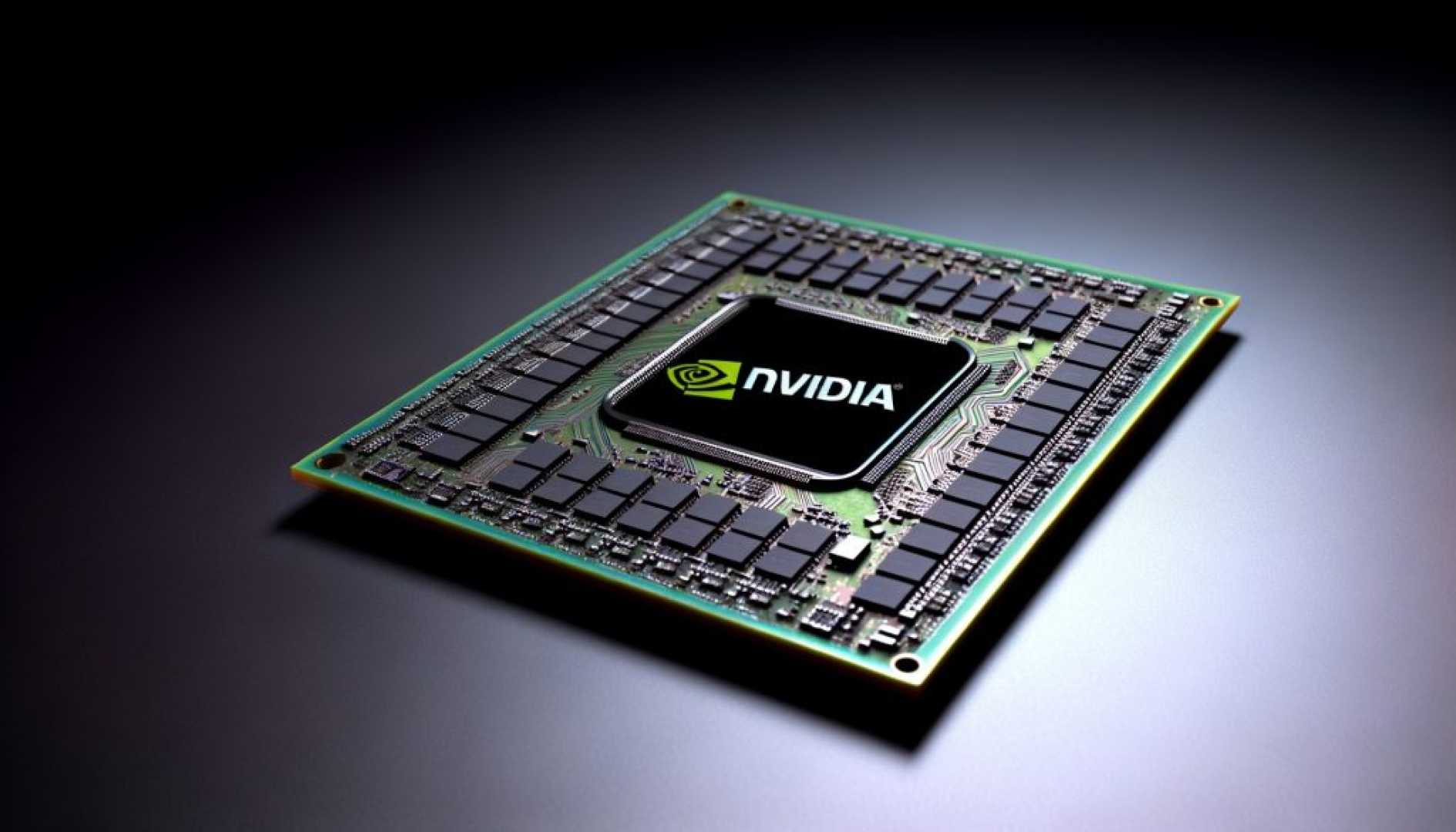Business
Nvidia Faces $5.5 Billion Charges Due to New Export Regulations

BENGALURU, India — Nvidia announced on Tuesday that it anticipates incurring $5.5 billion in charges following new export regulations imposed by the U.S. government, which will require licenses for the export of its H20 microchip to China.
The H20 microchip has been a cornerstone of Nvidia’s portfolio and is the main product the company is legally allowed to sell in the Chinese market. This unexpected compliance requirement is expected to significantly impact the company’s upcoming financial statements.
The charges will encompass costs associated with H20 products, including inventory write-downs, purchase commitments, and related reserves. In a statement, Nvidia indicated these adjustments could substantially affect its first-quarter results.
Nvidia’s business has been heavily reliant on its microchips, especially within sectors requiring high computational power. With the new restrictions on the H20, analysts anticipate further scrutiny over other products which may be subject to similar export regulations.
“We are committed to complying with the regulations and will continue to adapt our operations accordingly,” the company stated in its announcement. The expected charges come as a blow, as Nvidia must navigate these challenges amid a competitive landscape in the semiconductor industry.
As industries worldwide increasingly rely on sophisticated technology, the ramifications of such regulatory actions raise concerns about the global supply chain and the future of innovation. Nvidia remains a key player, but continuing governmental restrictions may hinder its ability to capture significant market share in China.












